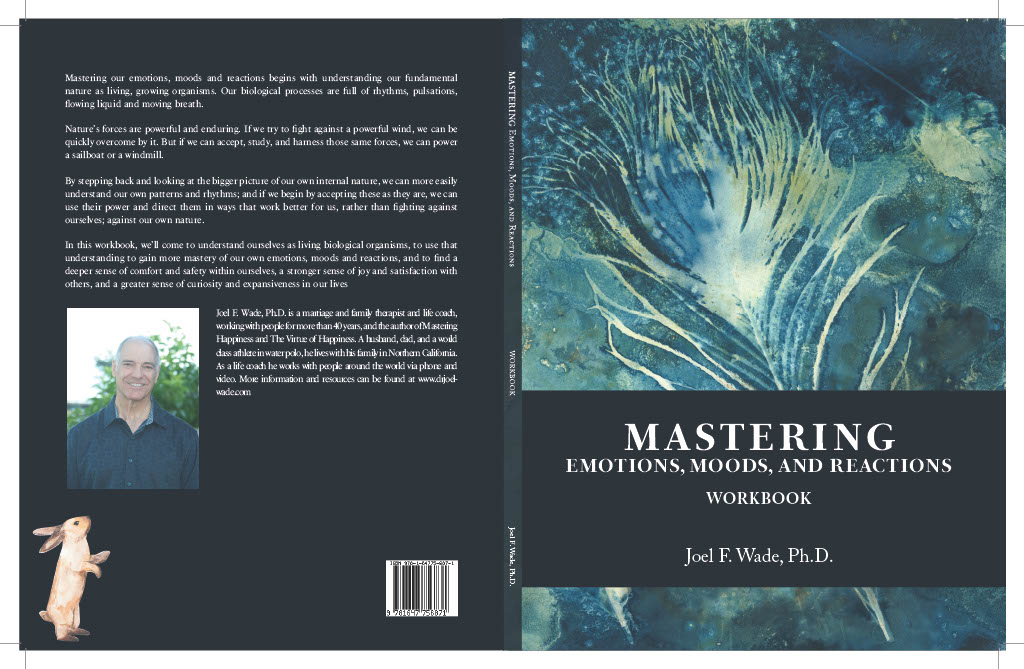What we want, and what we end up liking when we get it are two different things. They each involve different parts of our brain, and different states of mind.
Understanding this difference and bringing more consciousness to what you think you want can save you a huge amount of time, effort, and money.
This last bit is important, the amount of money we spend on things that we want, but then end up not liking, can be huge. It can make the difference between financial ease or financial stress; a sense of abundance or a sense of desperation. It can make it possible – or impossible – to save and invest.
I’ve had clients who, though they make plenty of money to live very well, end up feeling desperate and on edge financially – because they spend more than they make, buying things they want.
This doesn’t need to happen. It’s a simple enough math problem, easy to solve on paper – just don’t spend more than you make, right? But desire is a powerful motivator, and our emotions can mislead us hard with this one.
What happens is that we focus too much on what we want, thinking (and feeling strongly) it will bring us comfort or relief or happiness. But what we end up with is things we don’t even like very much, plus the significant stress of sustained financial anxiety and regret.
The difference between what we want, and what we will like when we get it is what researchers Dan Gilbert and Tim Wilson call “Miswanting.” We have a strong bias toward what we want, and we often aren’t very good at predicting how we’ll feel once we get it.
We focus too much on the wanting – which is exciting and offers the promise of satisfaction, joy, or relief – and not enough on the reality of having whatever it is. When we have something that we’ve wanted, it might be nice, but it’s usually a quieter, less emotionally revved up feeling. Which is different from what the higher rev of our wanting leads us to expect.
The antidote, as with many things, is to bring awareness to the part of the experience we haven’t been looking at.

 After my workout, I stopped at the cliffs above Capitola, overlooking the Monterey Bay. It had just rained lightly, so the air was crystal clear, and the brownish gold of the kelp beds at low tide made a vivid contrast with the blue gray ocean. The little bit of sun that peeked through the clouds lit a meandering path across the water and through the center of the wharf.
After my workout, I stopped at the cliffs above Capitola, overlooking the Monterey Bay. It had just rained lightly, so the air was crystal clear, and the brownish gold of the kelp beds at low tide made a vivid contrast with the blue gray ocean. The little bit of sun that peeked through the clouds lit a meandering path across the water and through the center of the wharf.
Recent Comments